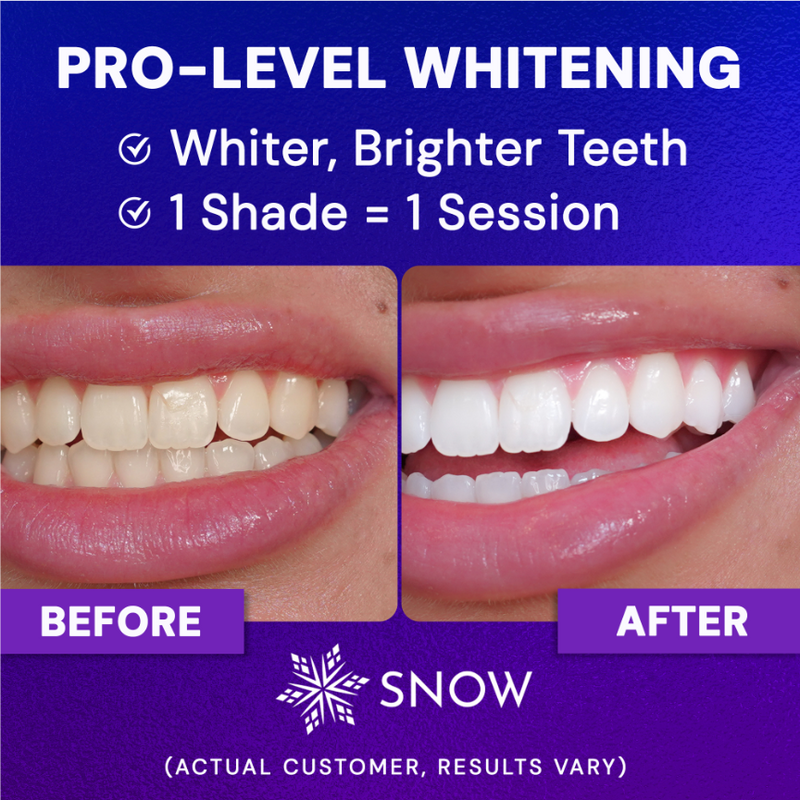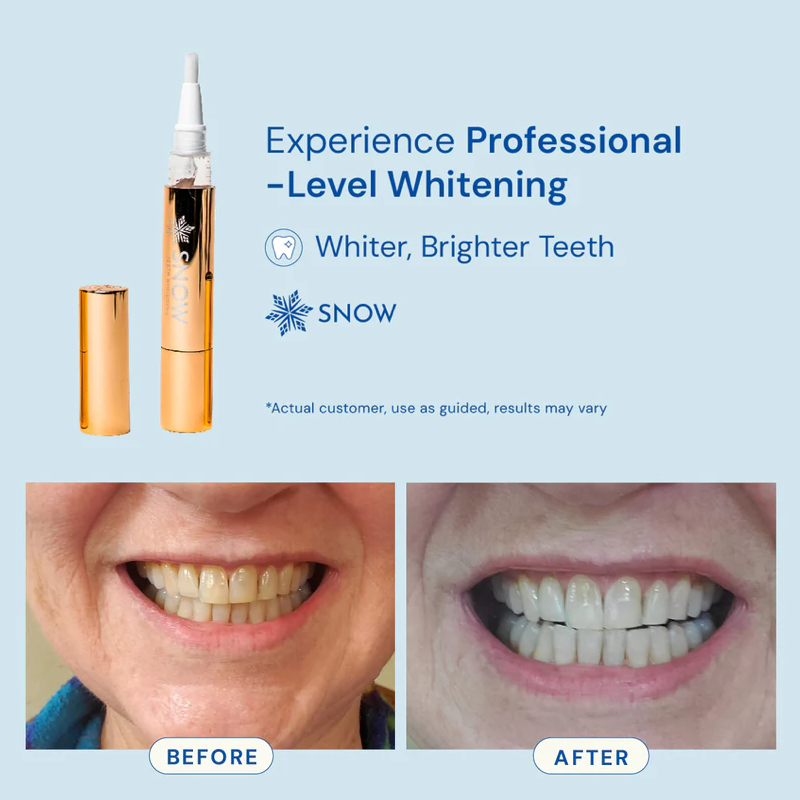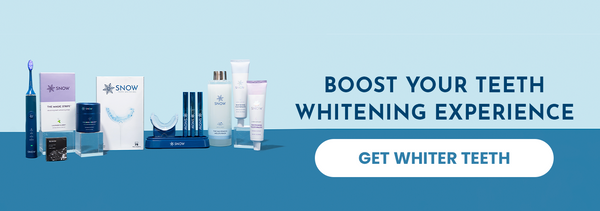Humans have two sets of teeth during their lifetime: primary (baby) and permanent (adult) teeth. How many teeth are in each set is different; it is essential to understand their differences and how to care for them properly.
This article will delve into the specifics of "how many teeth do humans have?" including the types of teeth, how they develop, and common oral health-associated issues. Whether you're a parent wondering about your child's teeth or an adult looking to understand your oral health better, this article will provide valuable information.
HOW MANY TEETH DO HUMANS HAVE AS BABIES?
Babies are born without any teeth. However, as they grow, their primary teeth will begin to emerge. These primary teeth, also known as baby teeth, milk teeth, or deciduous teeth, play an essential role in the development of the jaw and speech. They also act as placeholders for the permanent teeth that eventually replace them.
Typically, babies will have their first tooth appear around six months, with 20 primary teeth fully erupted by age three.
The first teeth to appear are usually the lower front teeth, also known as the central incisors, followed by the upper front teeth, or the upper central incisors. The other teeth, including the molars and canines, will typically appear in a specific order over the next few months.
It is important to note that the timing of tooth eruption can vary significantly among infants and can be affected by various factors such as genetics, nutrition, and overall health. Some babies may have their first tooth as early as three months of age, while others may not have any teeth until they are a year old.
Baby teeth are smaller in size and shape than adult teeth and are less durable. They are also more susceptible to decay and cavities, so it is vital to establish good oral hygiene habits early on. This includes regular dental check-ups, proper brushing, and limiting sugary foods and drinks.
It is also important to note that losing primary teeth is a normal process that occurs as the permanent teeth begin to emerge. The first permanent teeth will typically appear around age 6, with the full adult teeth present by age 21.
Proper oral hygiene and regular dental check-ups are essential to maintain the health of baby teeth, as they are more susceptible to decay and cavities.
HOW MANY TEETH DO HUMANS HAVE AS ADULTS?
As we grow, our primary teeth are replaced by adult teeth. Humans have 32 permanent teeth, including incisors, canines, premolars, and molars.
The incisors at the front of the mouth are used for biting and cutting food. There are eight incisors, four on the top and four on the bottom.
The four canine teeth, also known as cuspids, are located next to the incisors and are used for tearing food. There are four canine teeth, two on the top and two on the bottom.
The premolars, located between the canine teeth and molars, are used for grinding and crushing food. There are eight premolars, four on the top and four on the bottom.
The molar teeth, located at the back of the mouth, are used for chewing and grinding food. There are twelve molars, six on the top and six on the bottom.
It is important to note that the timing of the eruption of permanent teeth can vary greatly among individuals. Some people may have their permanent teeth come in as early as age 6, while others may only have all the teeth in their late teenage years or early twenties.
It's also essential to maintain the health of adult teeth by brushing and flossing regularly and having regular dental check-ups. Poor oral hygiene and neglect can lead to several health issues, such as cavities, gum disease, and tooth loss.
To recap, these teeth are used for biting, cutting, tearing, grinding, and crushing food. The timing of the eruption of permanent teeth can vary. Still, it's crucial to maintain the health of adult teeth through regular oral hygiene and dental check-ups. Neglect can lead to oral health issues such as cavities, gum disease, and tooth loss.
HOW MANY WISDOM TEETH DO YOU HAVE, AND WHEN DO THEY COME IN?
Your four wisdom teeth, also known as third molars, typically come in between the ages of 17 and 25. However, it is common for them to appear earlier or later than this age range. The timing of the eruption of wisdom teeth can vary significantly among individuals and can be affected by various factors such as genetics, the teeth' position, and the jaw's size.
Wisdom teeth can cause problems if they do not have enough room to come in properly. They may become impacted, which means they cannot emerge through the gums and can cause pain, infection, and damage to other teeth. In this case, you will need to have your wisdom teeth removed surgically by an oral surgeon.
It is important to have regular dental check-ups to monitor the development of wisdom teeth and to detect any potential problems early on. Your dentist may recommend X-rays or other imaging tests to determine the wisdom teeth' position and plan for any necessary treatment.
CONCLUSION
Humans have two sets of teeth during their lifetime: primary (baby) and permanent (adult) teeth. Babies have 20 primary teeth, which begin to appear around six months of age and are fully erupted by age 3.
These teeth play an important role in the development of the jaw and speech and are smaller in size and shape than adult teeth. Proper oral hygiene and regular dental check-ups are essential to maintain the health of baby teeth, as they are more susceptible to decay and cavities.
Adults have 32 permanent teeth, which include incisors, canines, premolars, and molars. Wisdom teeth, also known as third molars, typically come between the ages of 17 and 25, but they can vary. Adult teeth can be treated with a teeth whitening kit to whiten stains on adult teeth.
It is essential to have regular dental check-ups to monitor the development of wisdom teeth and to detect any potential problems early on to keep your teeth healthy. Taking care of our teeth is essential for maintaining good oral health and overall well-being.
FAQs
DO HUMANS HAVE 32 OR 36 ADULT TEETH?
The average adult has 32 teeth, 12 more than a child. Eight incisors, four canines, eight premolars, and 12 molars, including four wisdom teeth, are included in this group of 32 teeth.
WHAT DOES IT MEAN IF I HAVE 36 ADULT TEETH?
Supernumerary teeth or extra teeth that develop more than the usual number of teeth are known as hyperdontia (All the teeth add up to 32 in the average adult). They can affect any dental organ and manifest anywhere along the tooth arch.
CAN YOU GET NEW TEETH BEYOND 40?
They can, yes. Many people continue to have wisdom teeth emerging well into their late 40s. It's a good idea to contact a dental expert as soon as possible if this is a problem currently occurring in your mouth.
WHY DO WISDOM TEETH NEED TO BE REMOVED?
If you have impacted wisdom teeth that are not bothering you and are not getting tooth decay, then you typically don't need wisdom teeth removed. This is because doing so increases the danger of problems and has no known benefits.
DO HUMANS ONLY HAVE TWO SETS OF TEETH?
Humans are diphyodont, implying that we have two sets of teeth throughout our lives, like many other mammals. We have a set of permanent teeth in addition to our deciduous teeth, also called our baby or milk teeth.





































































